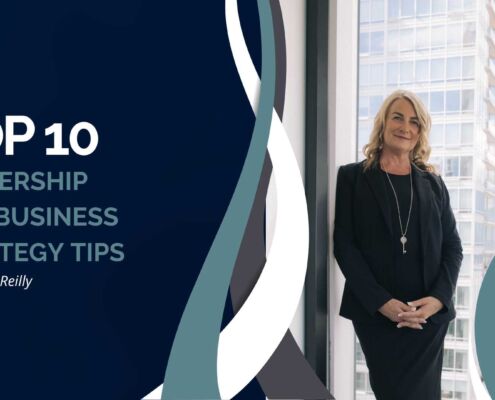Posts

Unlocking Business Growth: A Strategic Framework for Sustainable Success
The Challenge of Scaling Effectively
Growth is exciting—it…

Setting the Tone for Success in 2024
Goal Setting and Planning:
If you have not already communicated…

Forging Ahead: Reflecting on 2023, Embracing 2024
Let’s start by reviewing our past year’s wins and challenges.
PROFESSIONAL…

Sustained Momentum In Your Leadership Role
Passing the mid-year mark can often leave leaders feeling fatigued…

Top 10 Leadership and Business Strategy Tips
Here are my top 10 leadership and business strategy tips that…

